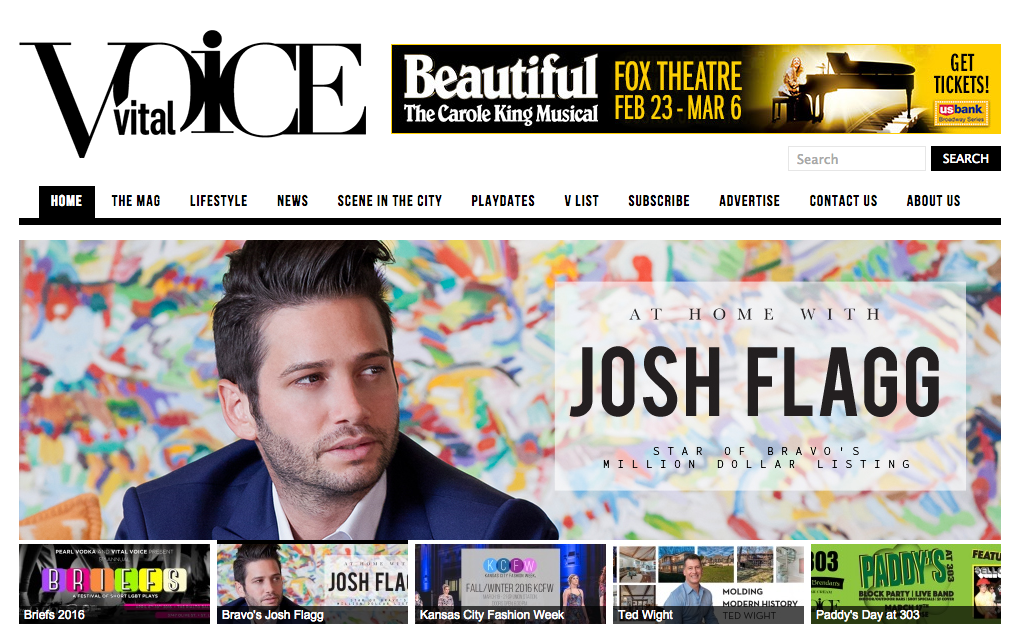Stocks rise for the second consecutive week – Stock markets rallied Monday as oil prices rose 7%. Unfortunately, oil prices and stocks retreated from the highs of the week. Oil prices ended the week just over $32 a barrel, up 3.2% for the week. Stocks are up about 6% from their February lows. Markets were also encouraged by an upward revision in 4th quarter GDP, and an increase in durable goods orders. The Dow Jones Industrial Average closed the week at 16,639.97, up from 16,391.99 last week. The S&P 500 closed the week at 1,948.05, up from 1,917.78 last week. The NASDAQ closed Friday at 4,590.47, up from 4,505.93 last week.
Bond yields – The 10 year U.S. Treasury bond yield closed Friday at 1.76%, unchanged from 1.76% last week. The 30 year U.S. Treasury bond yield closed Friday at 2.63%, also almost unchanged from 2.61% last week.
4th quarter GDP was revised higher – Investors were encouraged Friday when the government released its second revision to the 2015 4th quarter gross domestic product. GDP was revised upward from a growth rate of 0.7% to 1%. Analysts feared that it could actually be revised downward to 0.4%, so this was a report that was met with optimism.
Durable goods orders up 4.9% in January – A stronger than expected durable goods report in January has analysts believing that this may be pointing to the beginning of a possible turnaround in manufacturing. Manufacturing in the U.S. has been hit by a strong dollar which makes our goods more expensive overseas and goods manufactured elsewhere cheaper for U.S. consumers. Fear of pullback on purchases of U.S. made goods caused manufacturer’s to slow the pace of manufacturing. This was done to lower inventory levels so as not to get caught with an oversupply of goods. As the pace of orders rise, companies boost manufacturing and are beginning to allow inventory levels to rise from historic low levels. This is a positive sign that boosted markets.
Mortgage rates -The Freddie Mac Primary Mortgage Survey showed that average rates on February 25, 2016 were as follows: The 30 year fixed average rate was 3.62%. The 15 year fixed average rate was 2.93%. The 5/1 ARM average was was 2.79%.
Have a great weekend!







